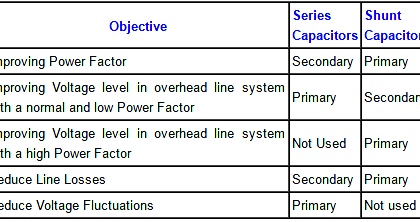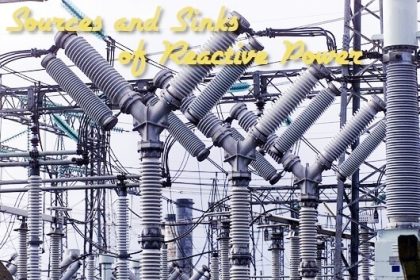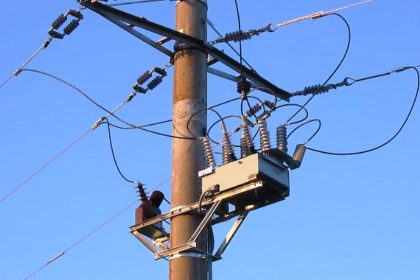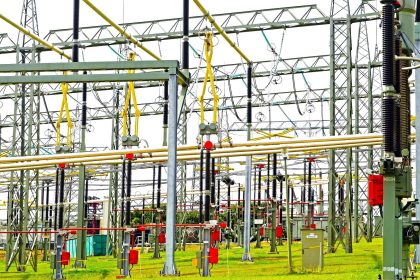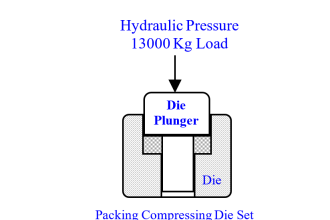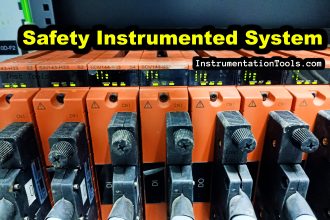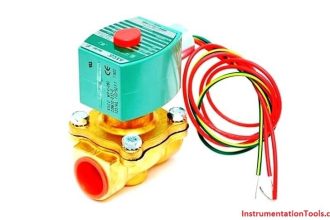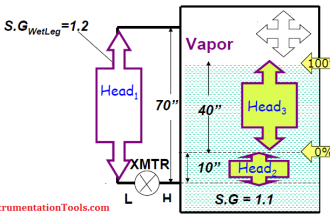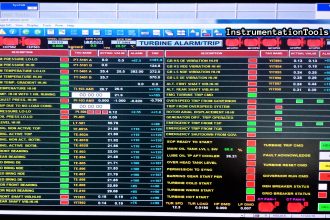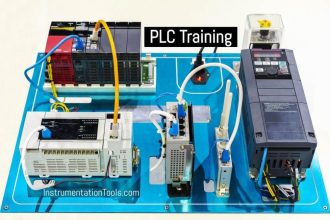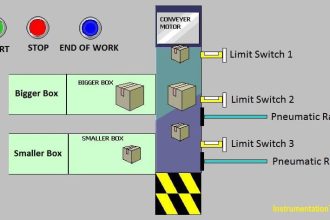In power system analysis, per unit (pu) system is used to express a physical variable as a fraction of base or reference value. Per Unit (pu) is commonly used for the calculation of voltage, current , impedance, and power in power flow and related calculations.
per unit (pu) system advantages:
- Circuits are simplified
- Voltages have same range in per unit in all parts of the system from EHV system to distribution and utilization
- When expressed in the per unit system, apparatus parameters usually fall in narrow range regardless of apparatus size. For example, generator reactances in per unit are similar for both 100 MVA machines and 1000MVA machines. This facilitates data checking and hand calculations.
- For circuits connected by the transformers, per unit system is particularly suitable. By choosing suitable base kV for the circuits the per unit reactance remains the same, referred to either side of the transformer. Therefore the various circuits can be connected in the reactance diagram.
- This method is ideal for eliminate ideal transformers as circuit components since the typical power system contains hundreds, if not thousands of transformers and this is non trivial saving
- Sqrt (3) factor in the three phase circuit calculations is eliminated
per unit (pu) system disadvantages:
- For transmission lines, its value of impedance and admittances in physical units (eg: ohms/km) that are of same magnitude regardless of voltage level or MVA rating
- Equivalent circuits of the components are modified, making them somewhat more abstract.Sometimes phase shifts that are clearly presented in the unscaled circuits varnish in per-unit system

